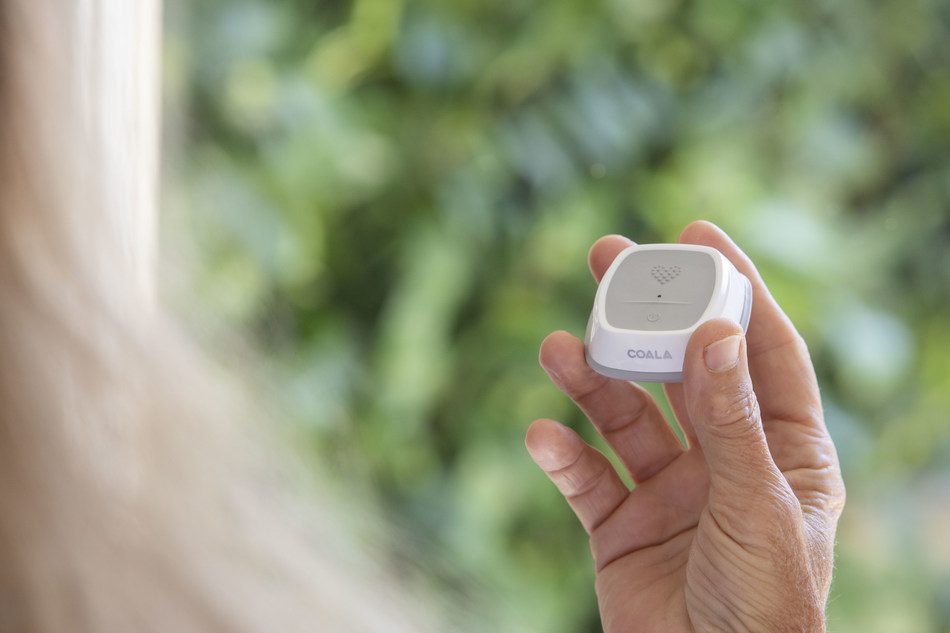October 14, 2020
Coala Heart Monitor: Results of a late-breaking trial on cryptogenic stroke (stroke of unknown cause) patients. In the TEASE-study, recently published in the British Medical Journal (BMJ Open, Aug 2020). The news was announced today by Coala Life, a Swedish innovator in remote cardiac and respiratory monitoring.
Coala Heart Monitor was used to evaluate 100 patients after cryptogenic stroke. Patients were recruited from two-stroke units in Sweden that underwent scheduled monitoring twice daily, and when symptoms occurred, for 28 days in everyday life.
The monitoring detected previously undiagnosed atrial fibrillation in 9% of the patients, at a mean of 19.7 days after stroke. Patient compliance to the Coala monitoring protocol exceeded 90%.
The prospective, real-world TEASE-study was led by Dr. Peter Magnusson, cardiologist at the Cardiology Clinic in Region Gavleborg, and with academic affiliations to the Karolinska Institute, Stockholm, and Uppsala University, Sweden.
“The study proves the efficacy of the Coala Heart Monitor in cryptogenic stroke patients with excellent patient compliance. We recommend a hand-held, non-invasive device like Coala Heart Monitor for long-term use as the main evaluation tool in the vast majority of cryptogenic stroke cases,” comments Dr. Peter Magnusson.
The TEASE-study detected previously undiagnosed atrial fibrillation in 9% of cryptogenic stroke patients, using the non-invasive Coala Heart Monitor, at mean 20 days post-stroke. In the CRYSTAL-AF study (NEJM, 2014) it took 6-months to detect AF in 8.9% of cryptogenic stroke patients by using an invasive insertable cardiac monitor.
The study is available with open access here.
Note: The COALA is ideal to prescribe to patients with palpitations and intermittent symptoms of possible arrhythmias that need a long-term monitoring solution.
Its unique dual-lead ECG solution captures accurate, clinically relevant cardiac data when symptoms occur. It’s the only smartphone-based solution with automatic AF detection based on advanced pattern recognition algorithms.
The real-time visibility to results ensures physicians can efficiently progress symptomatic patients along the treatment path.
